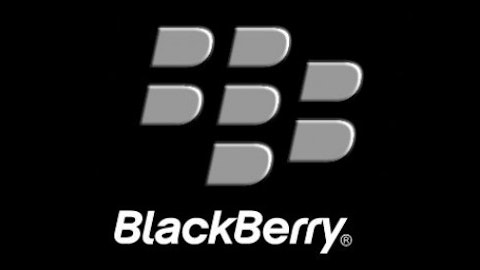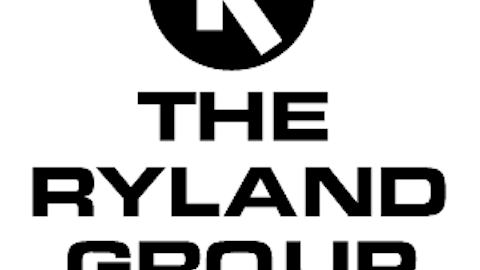A nearly 60% rally year to date hasn’t been of much help to long-term investors in Hewlett-Packard Company (NYSE:HPQ) with the stock still down over 50% from its levels in early 2010, but it has been quite welcome to any who bought the stock recently as HP fights to be one of the top-returning large cap stocks of 2013. Technology hardware business have not done well recently, hitting not only HP but also companies such as Dell Inc. (NASDAQ:DELL); those which made an earlier transition to focus on software and services, which HP is currently in the process of doing, have seen somewhat better fortunes. International Business Machines Corp. (NYSE:IBM) would be one example of this.
The first quarter of Hewlett-Packard Company’s current fiscal year ended in January. While the company reported a 6% decline in revenue compared to the same period in the previous fiscal year, and earnings were down 16%, these respective numbers easily beat analyst expectations; this sent the stock up strongly on the day and of course contributed to the broader rally for the year. HP issued internal guidance centered on $3.50 in earnings per share for the fiscal year, and the Street has essentially adopted that figure as its own target. This makes for a current-year P/E multiple of 7, and even though HP has been declining if it can moderate the decreases in earnings that price is cheap enough that it could be a good value.
Renaissance Technologies, whose founder Jim Simons is now a billionaire, increased its holdings of Hewlett-Packard Company by 12% in Q4 to a total of 4.9 million shares (see Renaissance’s stock picks). Ralph Whitworth’s Relational Investors had HP as one of its five largest holdings at the end of December according to that fund’s 13F filing (find more of Whitworth’s favorite stocks). Yacktman Asset Management, managed by Donald Yacktman, was another major shareholder during the fourth quarter of 2012 maintaining a position of almost 11 million shares. Check out more stocks Yacktman likes.
How does HP compare to its peers?
We’ve already mentioned Dell and IBM as potential peers for HP. Dell, fielding buyout offers from a number of parties, experienced double-digit percentage declines in both revenue and earnings in its most recent fiscal quarter versus a year earlier. Investors certainly have considerable upside if a deal is done, and bids might increase over time if multiple parties remain interested in Dell. At a forward P/E of 8 there is some risk if no deal occurs- note that this is a premium to HP despite the more poorly performing business- so it would be important to game out how much lower Dell’s stock would go in that event. IBM has managed to keep its business more stable, with some actual earnings growth derived from higher net margins, but as a result the trailing P/E is 15. The company has been engaged in significant buybacks, and between that and a couple years of continued earnings growth it could have value potential.
HP can also be compared to Microsoft Corporation (NASDAQ:MSFT) and to Accenture Plc (NYSE:ACN). Microsoft trades at 9 times forward estimates, and while that is low we’d be worried that it is based on what would be temporarily higher results stemming from the new versions of Windows and Office. Added to the standard concerns about the sell-side often being too bullish- and the fact that this is actually a premium to HP even with the boost to earnings- and we would avoid it. Accenture has been doing quite well; in its most recent fiscal quarter revenue grew 10% from its levels a year ago and net income rose strongly. The market has priced in some growth- the trailing and forward P/Es are 18 and 16, respectively- but we’d note that this pricing generally implies considerably lower growth rates than what Accenture has been experiencing recently.
So we would be interested in seeing if Accenture can continue to deliver solid growth, and therefore provide undervalued at its current price. HP, even after its rally, does look cheap in terms of guidance for this fiscal year and we would be interested in doing further research to see if it can continue to be “less bad than expected.”
Disclosure: I own no shares of any stocks mentioned in this article.






